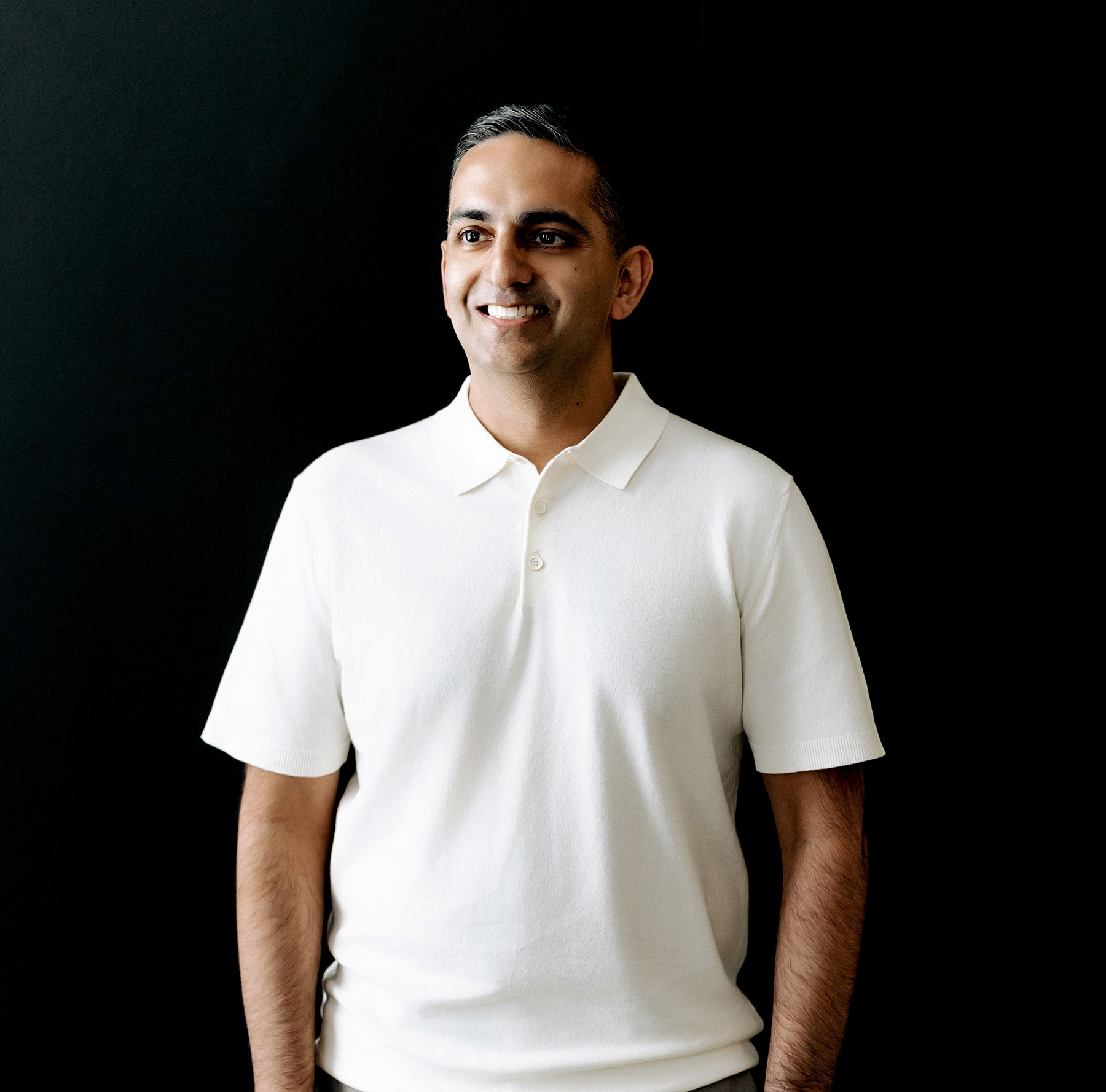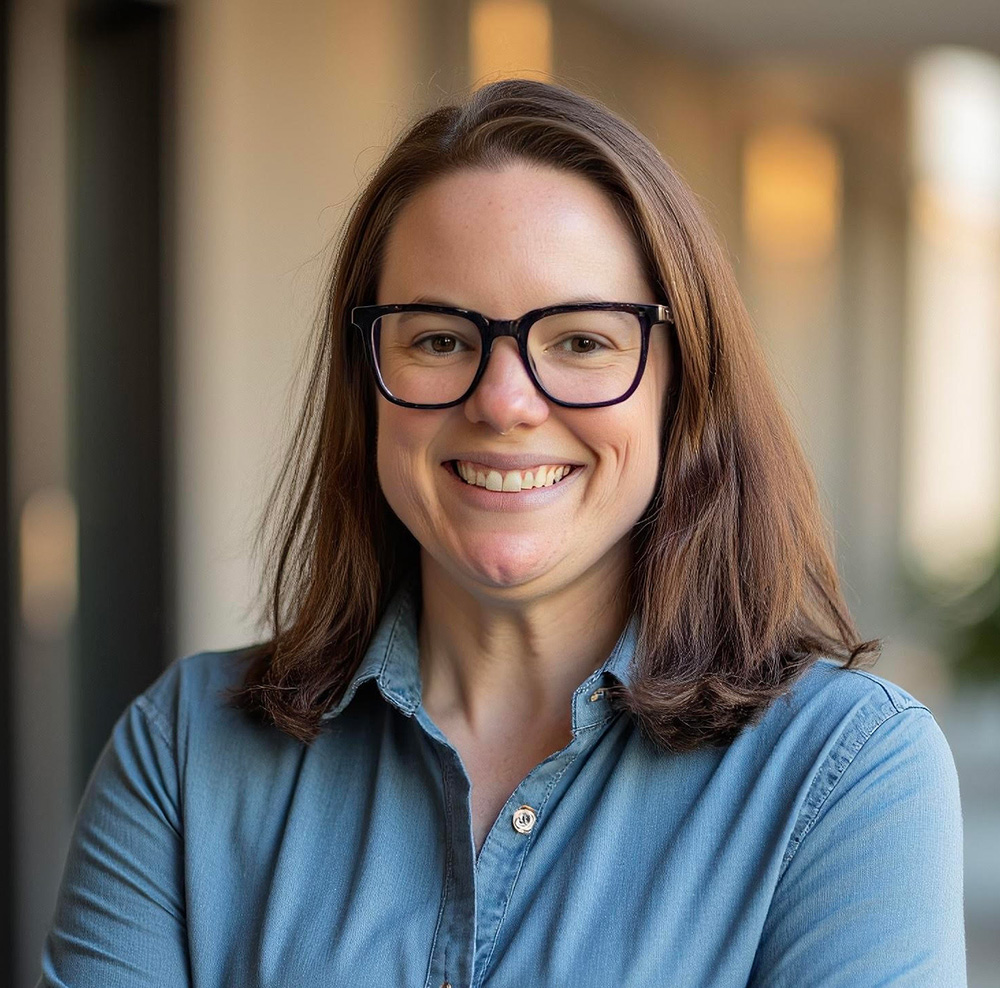Get Acquainted with Soteris







Our Purpose
Founded in 2018, insurtech, Soteris introduced a new method of precise, policy-level auto insurance risk selection, driven by machine learning.
Our name is inspired by the Greek god/goddess pair, Soter and Soteria. Like insurers, Soter and Soteria personify safety, salvation and deliverance from harm.
Soteris was founded with the goal of helping insurers improve profitability with data-driven risk selection. When insurers have the insights needed to select risks individually and based on rate adequacy, they are free to focus on their core mission of safeguarding policyholders.
Our model has been proven by several customers to help drive down loss ratio.
About Our Founder
Soteris is the brainchild of founder and CEO, Sunit Shah, PhD.
Sunit is a co-author of the Wiley textbook, Behavioral Finance and the author of the CFA book, The Principal-Agent Problem in Finance.
In an earlier role, Sunit analyzed and identified trading opportunities within interest rates, currencies, equity indices, energy, agriculture, precious metals, base metals, and softs as the second-in-command on the macro and commodities portfolio.
In 2018, he founded Soteris, applying his knowledge of trading algorithms to create machine learning software that predicts insurance losses with a high degree of accuracy.

Meet Our Team

John Baker
Head of Sales

Tom Steffes
Head of Engineering

Sam Wilson
Machine Learning Engineer

Sai Haran
Machine Learning Engineer

Blake Brown
Data Engineer

Sara Johnson
Customer Success Manager
How Soteris is Changing Underwriting Paradigms
The Status Quo
The Soteris Way
The Status Quo
File new rates for entire segments of business, charging every policyholder more and driving lower-risk policyholders to competitors.
The Soteris Way
The Status Quo
The Soteris Way
Turn all segments on and grow your written premium while you’re improving your loss ratio.
The Status Quo
Focus underwriting efforts on addressing high-risk policies.
The Soteris Way
Use the Soteris algorithm to better understand risks, and make sure you’re right-priced for every policy, receiving the optimal premium for both low and high-risk accounts.


